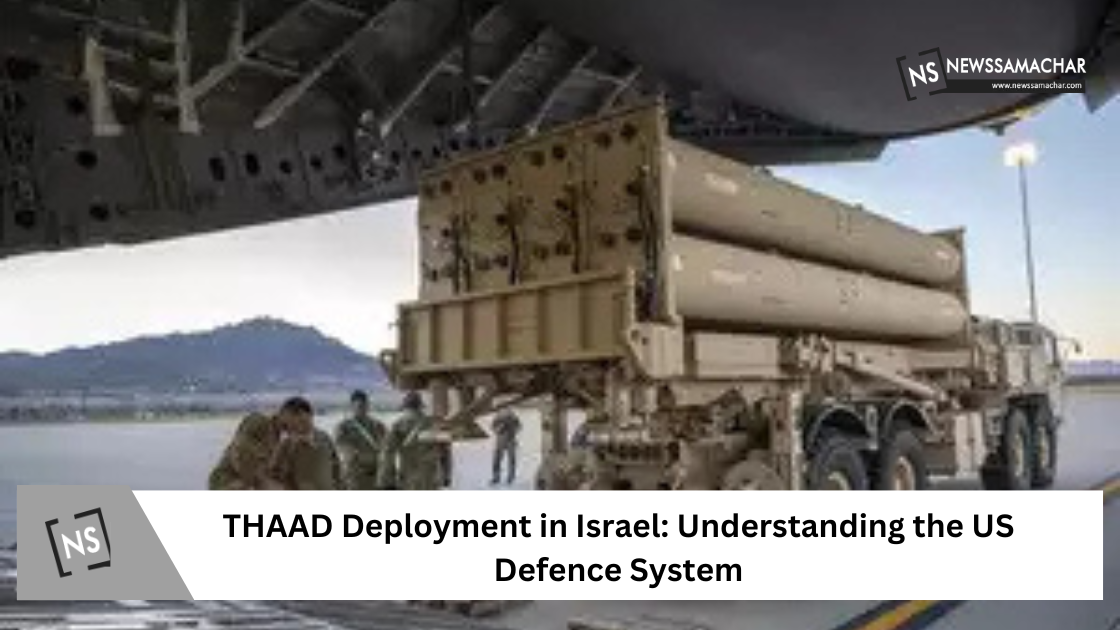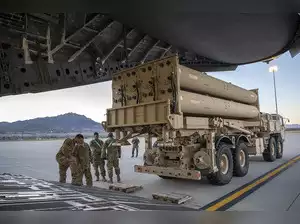
The United States is deploying its advanced THAAD missile system to Israel, along with US troops, in response to escalating tensions in the region. Announced by the Pentagon on October 13, the deployment follows warnings from Iran for the US to avoid involvement in Israel’s ongoing military conflicts. The move, authorized by US Defense Secretary Lloyd Austin under President Joe Biden’s direction, is aimed at reinforcing Israel’s defenses during a period of heightened threats.

What is THAAD?
The THAAD missile system, short for Terminal High Altitude Area Defense, is a sophisticated anti-missile defense system developed by the United States. It is designed to intercept and destroy incoming ballistic missiles at high altitudes, neutralizing short-, medium-, and limited intermediate-range missile threats. This versatility makes it an essential part of a multi-layered defense strategy, particularly in volatile regions like the Middle East.
With the capability to engage missile targets at distances between 150 to 200 kilometers (93-124 miles), the THAAD missile system adds an extra layer of protection for Israel. It complements other systems, such as Israel’s recently retired Patriot missile defense, ensuring broader and more effective coverage.
A typical THAAD battery includes six truck-mounted launchers, interceptors, and radar, operated by 95 personnel. The deployment of THAAD missiles in Israel could mark a deeper involvement of US troops in the region, as they will be essential in operating the defense system.
Rising Tensions and the Need for THAAD
The deployment of the THAAD missile system in Israel comes at a time of increased conflict. Since the October 7 Hamas attack on Israel, tensions with Iran and Hezbollah have intensified. On October 1, Iran fired 180 missiles into Israel, prompting concerns about further escalations. The Israeli military has also heightened operations against Hezbollah in Lebanon, including airstrikes and border activities.
In response, the United States has stepped in to bolster Israel’s air defense capabilities, with the THAAD missile system serving as a critical component. It enhances Israel’s ability to intercept potential missile threats from Iran and other adversaries in the region.
As the situation in the Middle East continues to unfold, the deployment of THAAD missiles in Israel underscores the strategic importance of missile defense systems in countering ballistic missile threats. This move is expected to strengthen Israel’s overall defense posture and deter further aggression from regional actors.
Also read: California Banning Plastic Bags: Governor Signs Law to Eliminate All Plastic Shopping Bags







